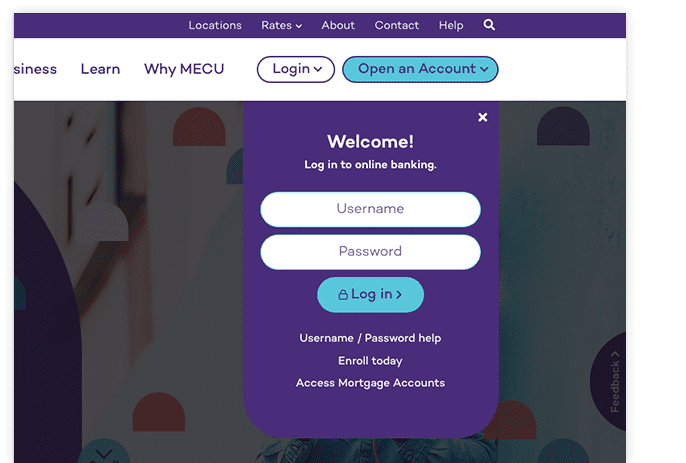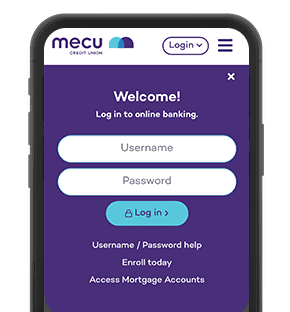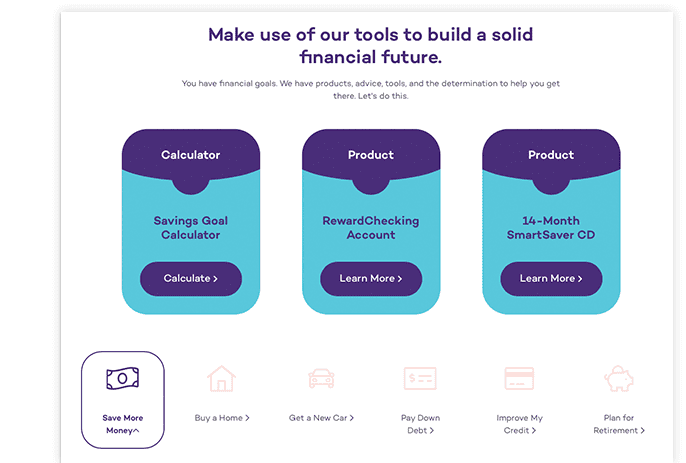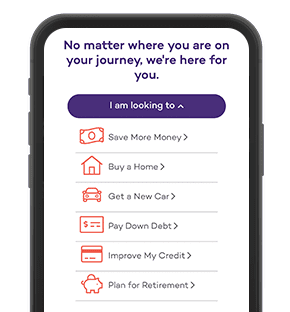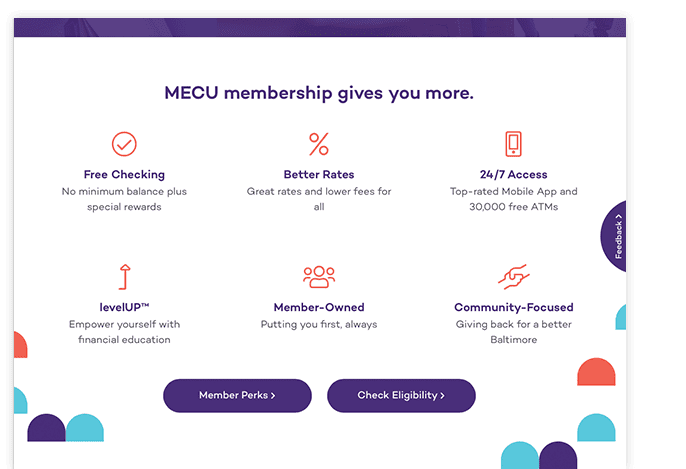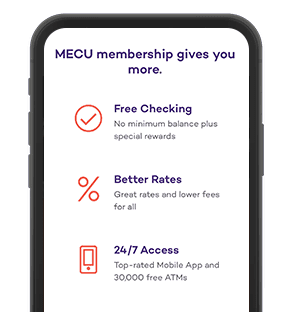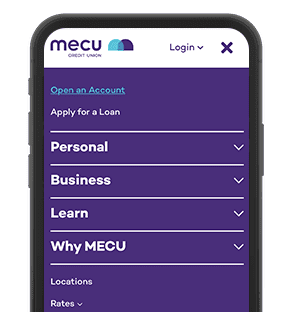Security
Contact UsProtect your money and your identity.
Today it’s more important than ever to be vigilant about protecting your personal information. Your information is a valuable commodity, and keeping it safe is key to your financial security. Educate yourself about how to stay secure, current scams to keep an eye out for, and what to do if you are a victim of identity theft.Technology is the favorite tool of many identity thieves
Computer spyware and malware. Online scams such as phishing. The digital revolution has been a boon for bad guys. Nearly nine million Americans have their identity stolen each year, the federal government estimates. It pays to educate yourself on how these crimes occur so you can take steps to prevent them.
How Do Identity Thieves Operate?
- Spyware. Criminals can install stealth software on your computer that lets them steal your identity and do other damage. (Learn what spyware is, how to tell if it's on your computer and get rid of it, and how to avoid it altogether.)
- Malware. Criminals sometimes use malware – including viruses – to get into your computer, steal information, send spam, and commit fraud. (Learn the signs of malware and how to get rid of it.)
- Phishing. Phishers pretend to be financial institutions or legitimate companies and send spam emails or pop-up messages to get you to reveal your personal information.
- Pretexting. Scammers pretend to be legitimate businesses or government agencies when they contact financial institutions or other organizations in an attempt to get your financial information.
- Skimming. Skimmers insert illegal electronic devices into ATMs or electronic payment terminals in stores in order to steal debit and credit card numbers.
- Dumpster Diving. Lawbreakers rummage through trash looking for bills or other paper with personal and financial information on it.
- Changing Your Address. People divert your billing statements to another location by completing a U.S. Postal Service change-of-address form.
- Old-Fashioned Stealing. Criminals steal wallets and purses; mail, including bank and credit card statements; pre-approved credit offers; and new checks or tax information. They also take personnel records, or bribe employees who have access.
What Can You Do?
The best way to avoid becoming an Identity theft victim is to educate yourself on the methods that criminals use to get your personal information. Below are some educational resources and materials for our members.
- To learn more about Identity theft in general, visit the FTC's "Identity Theft Resources" website.
- For more information about Computer and Internet Security, visit the federal government's "OnGuard Online" website.
- Please remember that we will never contact you asking for your Social Security number, personal identification number (PIN), Mobile or Online Banking Password, or any other personal information.




